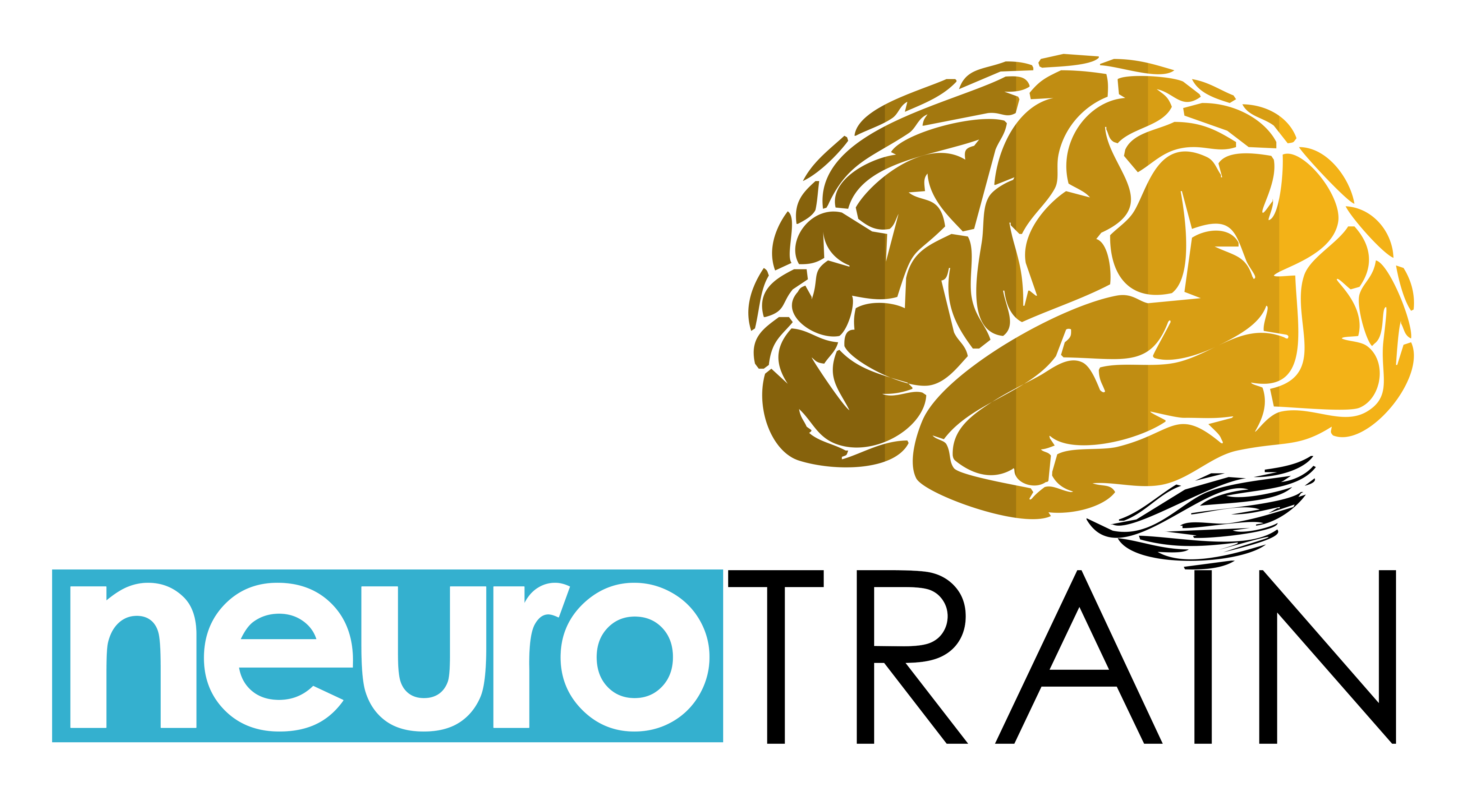ZAMARIAN GROUP
Keywords: Cognition, Mathematical Competence, Neuropsychology, Neuroscience, Lifespan, Aging, Neurological Diseases, Rehabilitation, Intervention
Aim:
Arithmetic competence is crucial for coping with the challenging demands of our technological and digital society. Being skilled with numbers is essential not only for students but also for older people or patients after brain lesions. Individuals with difficulties in number processing face indeed severe limitations in their autonomy in several every-day situations. Only very few investigations have regarded thus far the acquisition of arithmetic competence in older people or in adult patients with acalculia (i.e. with deficits in calculation following brain lesions). Our aim here is to investigate the acquisition of arithmetic competence in healthy individuals and brain-damaged patients. Results will give us insights into the effectiveness of different learning approaches across the lifespan and the role of individual variables in arithmetic learning. This research line is important to enhance our knowledge about arithmetic learning as well as to outline optimal ways for maximising individuals’ intervention benefits depending on factors such as age or cognitive level.
Approach:
We will recruit and test a large sample of healthy younger and older individuals with a comprehensive neuropsychological test battery assessing memory, attention, executive functions, and prior numerical competence. People will then train extensively on arithmetic problems by using different learning methods. Three months later as well as directly after training, they will be tested on both trained and untrained problems. This will allow assessing transfer effects and stability of training effects over time. We will use both behavioural measures (accuracy, response times) and eye-tracking methods (fixations) to detect improvements in arithmetic competence during training. A similar investigation will regard neurological patients, whereby the training in case of patients with acalculia will be tailored to the individual’s needs.
Current research:
The Neuropsychology Unit of the Medical University Innsbruck deals with the relationship between cognition and brain in the human. Two of our main scientific topics are the investigation of number processing and calculation and the investigation of decision-making behavior in the healthy population and in neurological diseases. We are also interested in rehabilitation and in the development of training programs for the improvement of cognitive functions. Target groups of our research include patients with dementia, epilepsy, multiple sclerosis, various neurodegenerative diseases, cerebellar diseases, stroke or neurological sleep disorders. In addition, in cooperation with colleagues from neuroradiology, we investigate the functional and structural correlates of certain cognitive skills (e.g., arithmetic learning) in healthy people. Our research methods include behavioural variable (e.g., accuracy, reaction times), eye-movement measurements, and neuroimaging techniques.
Lab members:
NeuroTrain Group Leader:
Laura Zamarian
Doctoral candidates:
Mayr Valentina
Göttfried Elisabeth
Master candidates:
Carina Jungblut
Costantinos Paspalas
Jens Keppeler
Johanna Mengin
Hans Hutter
Isabel Burtscher
Julia Windholz
Internal collaborators:
External collaborators:
Manuela Piazza (University of Trento, Italy; IPN Partner)
Demis Basso (Free University of Bozen-Bolzano, Italy; IPN Partner)
Carlo Semenza (University of Padova, Italy)
Johannes Vorwerk (UMIT, Hall in Tirol, Austria)
Daniel Baumgarten (UMIT, Hall in Tirol, Austria)
Address:
Medical University Innsbruck
Department of Neurology
Neuropsychology Unit
Anichstrasse 35
6020 Innsbruck
10 Selected publications:
Zamarian L*, Lenhart L*, Nagele M, Steiger R, Gizewski ER, Benke T, Scherfler C**, Delazer M** (2020). Effects of cognitive functioning and education on later-life health numeracy. Gerontology, 25:1-11. doi: 10.1159/000510092. (* shared first-authorship) (** shared senior-authorship)
Delazer M, Zamarian L*, Benke T, Wagner M, Scherfler C (2019). Is an intact hippocampus necessary for answering 3 x 3? – Evidence from Alzheimer’s disease. Brain & Cognition, 134:1-8. doi: 10.1016/j.bandc.2019.04.006. (* corresponding author)
Zamarian L*, Delazer M*, Ehling R, Pertl M-T, Bsteh G, Wenter J, Glatzl S, Brenneis C, Benke T, Berger T (2019). Improvement of medical judgements by numerical training in patients with multiple sclerosis. European Journal of Neurology, 26(1):106-112. doi: 10.1111/ene.13778. (* shared first-authorship)
Burgio F*, Delazer M*, Meneghello F, Pertl M-T, Semenza C, Zamarian L (2018). Cognitive training improves ratio processing and decision making in patients with mild cognitive impairment. Journal of Alzheimer’s Disease, 64(4):1213-1226. doi: 10.3233/JAD-180461. (* shared first-authorship)
Zamarian L*, Scherfler C*, Kremser C, Pertl M-T, Gizewski E, Benke T, Delazer M (2018). Arithmetic learning in advanced age. PLoS ONE, 13(2):e0193529. doi: 10.1371/journal.pone.0193529. (* shared first-authorship)
Pertl M-T, Zamarian L*, Delazer M (2017). Reasoning and mathematical skills contribute to normatively superior decision making under risk: evidence from the game of dice task. Cognitive Processing 18(3):249-260. doi: 10.1007/s10339-017-0813-x. (* corresponding author)
Ischebeck A, Zamarian L, Schocke M, Delazer M (2009): Flexible transfer of knowledge in mental arithmetic – an fMRI study; NeuroImage 44(3): 1103-1112. doi: 10.1016/j.neuroimage.2008.10.025.
Zamarian L, Ischebeck A, Delazer M (2009): Neuroscience of learning arithmetic – Evidence from brain imaging studies; Neuroscience and Biobehavioral Reviews 33(6): 909-925. doi: 10.1016/j.neubiorev.2009.03.005.
Ischebeck A, Zamarian L, Egger K, Schocke M, Delazer M (2007): Imaging early training effects in arithmetics within a single fMRI session; NeuroImage 36(3): 993-1003.
Ischebeck A, Zamarian L, Siedentopf CM, Koppelstätter F, Benke Th, Felber S, Delazer M (2006): How specifically do we learn? Imaging the learning of multiplication and subtraction; NeuroImage 30(4): 1365-1375.
Delazer M, Ischebeck A, Domahs F, Zamarian L, Koppelstätter F, Siedentopf CM, Kaufmann L, Benke T, Felber S (2005): Learning by Strategies and Learning by Drill – Evidence from an fMRI study; NeuroImage 25(3): 838-849.
Full publication list
Funding:
2022-ongoing EUREGIO/FWF IPN 135
2014-2017 MUI-Start 2014-05-001
2011-2018 TWF 2010-1-993
2008-2010 MFI D151900-035-011
